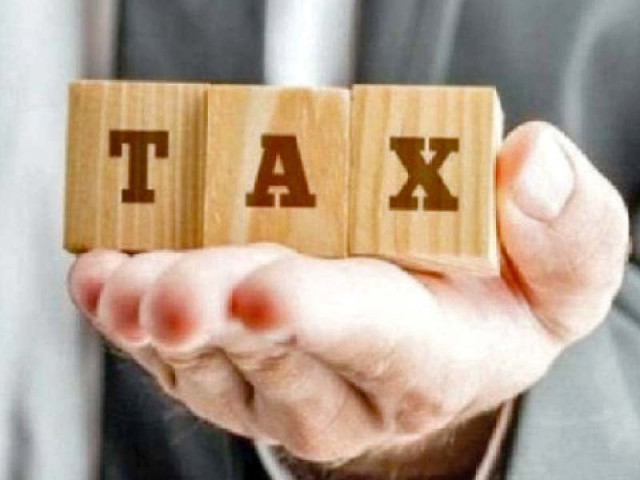Tax revenues short by Rs276b
May compel IMF to demand a cut in expenses or the imposition of new taxes

During the first nine months of this fiscal year, Pakistan sustained a tax shortfall of Rs276 billion that sharply widened in March despite a mini-budget, which may compel the International Monetary Fund (IMF) to demand for either a further cut in expenses or the imposition of new taxes.
According to officials from the Federal Board of Revenue (FBR), against a target of Rs5.433 trillion, the bureau provisionally collected nearly Rs5.16 trillion during the July-March period of this fiscal year. The collection remained short of the target by Rs276 billion despite the government introducing a mini-budget in mid-February. The government had increased the standard General Sales Tax (GST) rate to 18% apart from increasing the rate to 25% on dozens of goods.
Against the Rs727 billion monthly target, the FBR only collected a mere Rs663 billion in March –sustaining a Rs64 billion shortfall in the month. Almost all field formations failed to achieve their respective targets, with the monthly growth in tax collection at only 16% in March.
Pakistan had assured the IMF that currency devaluation would help collect an additional Rs180 billion in the current fiscal year, but the February and March collection numbers will put the country under some additional pressure from the lender. According to an understanding with the IMF, in case of a shortfall in tax revenues, the government will make adjustments in expenses or levy more taxes to cover the gap.
The slowdown in imports and economic growth has hurt the FBR’s revenues, which for years has blindly relied on imports to boost revenues. The Ministry of Finance on Friday hinted at almost a flat gross domestic product (GDP) growth during the current fiscal year.
The nearly Rs5.16 trillion collection during this fiscal year was Rs766 billion more than the same period of the last fiscal year, showing a growth rate of 17.4%. The nominal economic growth rate stood at around 36% in March on the back of a near 50-year high inflation rate, indicating that the FBR is not able to fully take advantage of higher prices.
So far, the government has imposed nearly Rs800 billion in additional taxes, including measures worth Rs170 billion implemented from February. The widening gap between the collection and target indicates that it may now be difficult for the FBR to hit the annual goalpost of Rs7.640 trillion.
The overall collection of customs duty remained below target for all nine months of the current fiscal year. The FBR collected slightly over Rs700 billion in custom duties, which was Rs134 billion lower than the target. The nine-month custom duty collection also fell below last year’s level by nearly Rs15 billion.
The tax targets had been set on the assumption that monthly imports would be around $5.1 billion but, in March, imports may remain below $4 billion. In March alone, the custom duty collection remained below the target by Rs35 billion.
Income tax collection in nine months amounted to Rs2.3 trillion, up by Rs724 billion, or 46%. The collection exceeded the target by Rs109 billion. In March, the FBR collected Rs287 billion in income tax, exceeding the target by Rs62 billion, helped by the higher value of the dollar and increased taxes on the salaried class.
Sales tax remained another weak area, as the collection amounted to Rs1.9 trillion in nine months – Rs205 billion less than the target, showing that the FBR was unable to reap the benefit of the a 32% inflation rate.
The sales tax collection at the import stage constituted nearly 64% of the total collection under this head. The nine-month GST collection was a mere Rs33 billion more than the last fiscal year, putting a serious question mark over the efficiency of the revenue board.
In March, the FBR pooled Rs276 billion in sales taxes, missing the target by Rs67 billion despite an increase in the GST rate.
Federal excise duty collection stood at Rs245 billion, missing the target by Rs50 billion despite an increase in the FED rate on cigarettes and beverages.
Published in The Express Tribune, April 1st, 2023.
Like Business on Facebook, follow @TribuneBiz on Twitter to stay informed and join in the conversation.



















COMMENTS
Comments are moderated and generally will be posted if they are on-topic and not abusive.
For more information, please see our Comments FAQ